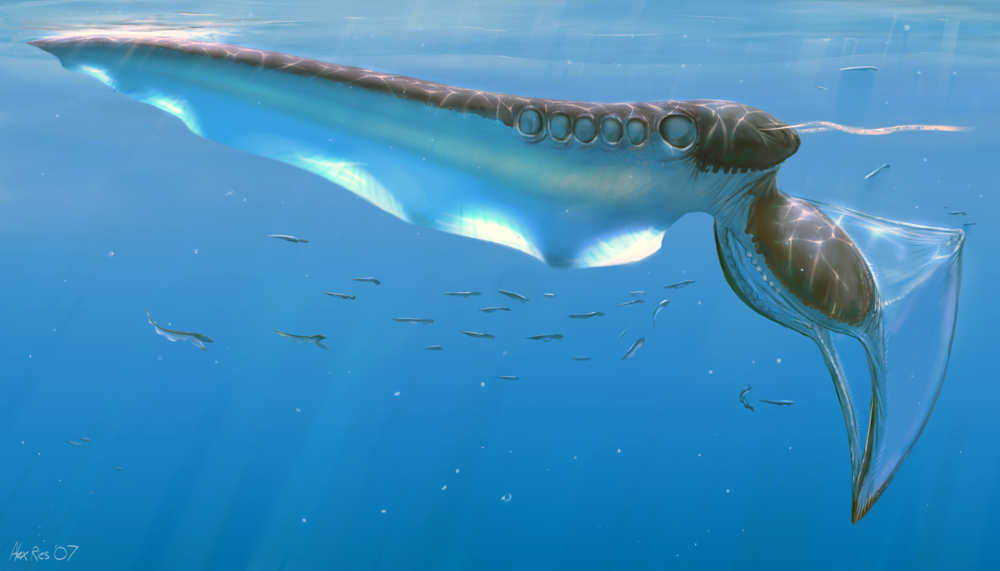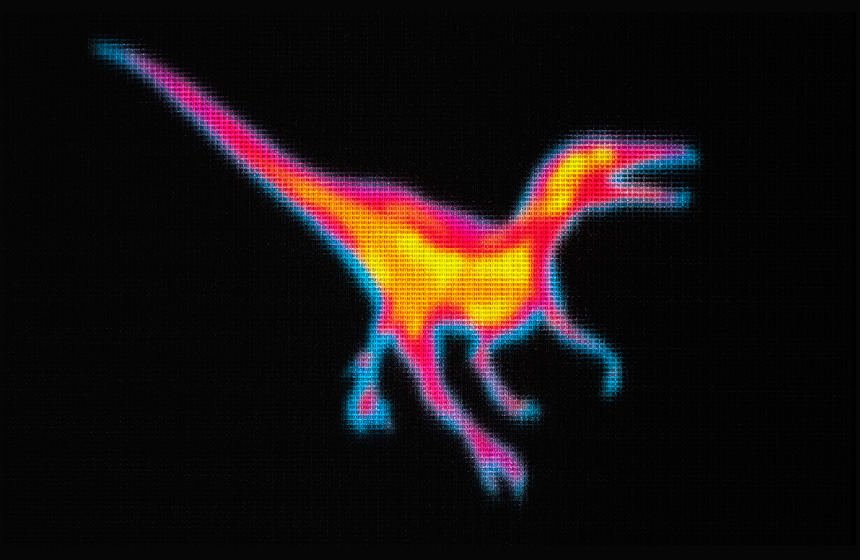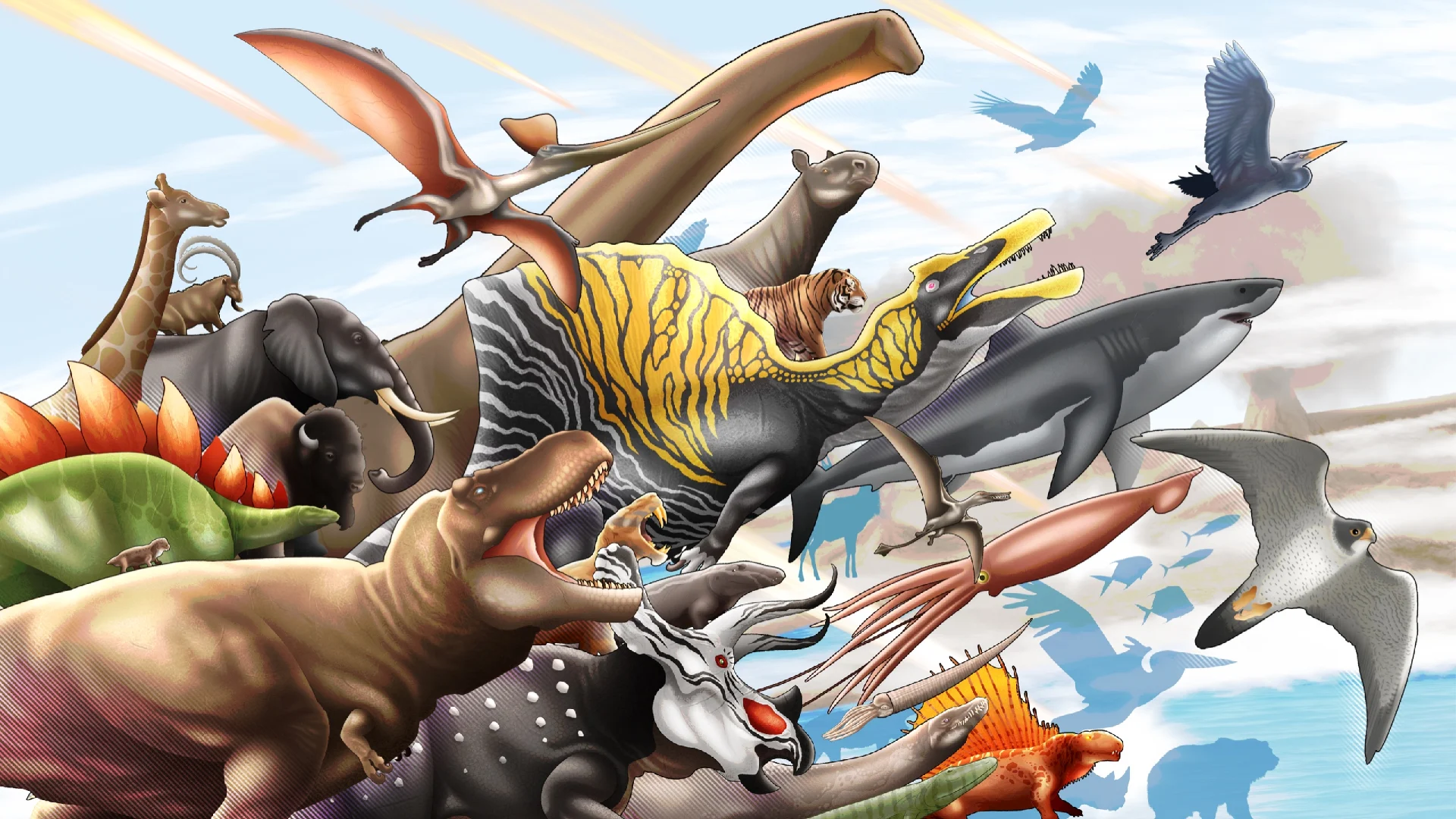Scientific accuracy and popular animal media
Nov 16, 2019 20:55:11 GMT 5
Life and theropod like this
Post by creature386 on Nov 16, 2019 20:55:11 GMT 5
We are a scientific forum and science is important to us. Even in the media we consume. But while documentaries obviously must be accurate, how about works of fiction?
I’m having two types in mind, docufiction (aka speculative documentaries) and what I call animal fiction (stories that just so happen to center around animals). Walking With Dinosaurs is an example of the former, Planet Earth is not (as it shows us the known world). Jurassic Park and Jaws are examples of the latter.
Docufiction does not just list a bunch of facts, but tries to take us into an immersive world that feels like these wildlife documentaries everyone loves. But there is a problem. While Planet Earth shows us a full picture, Walking With Dinosaurs has a few blobs of ink whose empty spaces it fills and then acts like it has a full picture, too. Prehistoric animals are, by their nature, less well studied than contemporary animals. So, docufiction must make up details and present them as facts (unless it wants to risk breaking immersion). A bit misplaced wildlife here, animal behavior based on complete speculation there.
I think I already wrote in the Life Before Man thread where I think the limits to this are. The narration should justify speculative elements, so that we know how they got the idea, and present them as speculation if that is possible.
A related issue is that many documentaries (not just „docufiction“) dumb down complicated concepts (particularly related to how evolution works) and thus explain them slightly inaccurately. I have no general opinion on this, to be honest.
The more controversial part is probably going to be „animal fiction“ like Jurassic Park, The Meg, Kronos Rising and Jaws. For the most part though, it’s paleo-fiction like the former three where most of the controversy takes place.
Paleo-fiction is always science fiction and realism is a controversial topic in the science fiction community. Winchell Chung is a firm believer in the idea that science fiction should be realistic:www.projectrho.com/public_html/rocket/respectscience.php
Only that military and detective fiction take artistic licenses all the time, too. How often do courtroom sessions have a realistic length (several months) in a cop show episode? In these cases, realism is at odds with telling a good story.
A good story needs conflict after all and godzillifying animals provides that.
On the other hand, there is a trend in general science fiction (let’s call it „astronomy fiction“, due to taking place in space) to become more realistic. Whether it is in the movies (The Martian, Interstellar, Gravity) or in the books (The Martian, Trisolaris, Blindsight, The Expanse), there is a lot of demand for science fiction these days that is accurate and explores scientific questions. In other words, science fiction that respects science.
Do animal or paleo-fiction follow the same trend? It’s just the opposite. Jurassic Park had a scientific question (Is it OK to create life?) at its heart and its animals were (while inaccurate) ultimately still animals. Jurassic World with its killer hybrid Indominus rex feels different.
I’m not yet sure about why this is the case. Maybe mainstream science-fiction has a longer history and fans appreciate scientific accuracy because it’s something new.
Either way, movies and books like The Martian shows that a story can be fun and yet still super scientifically accurate (or at least respectful of science). I wish more paleo-fiction followed the same path. Thinking about The Martian was indeed what made me make this thread.
But this isn’t supposed to be a rant, more like an invitation to discussion.
I’m having two types in mind, docufiction (aka speculative documentaries) and what I call animal fiction (stories that just so happen to center around animals). Walking With Dinosaurs is an example of the former, Planet Earth is not (as it shows us the known world). Jurassic Park and Jaws are examples of the latter.
Docufiction does not just list a bunch of facts, but tries to take us into an immersive world that feels like these wildlife documentaries everyone loves. But there is a problem. While Planet Earth shows us a full picture, Walking With Dinosaurs has a few blobs of ink whose empty spaces it fills and then acts like it has a full picture, too. Prehistoric animals are, by their nature, less well studied than contemporary animals. So, docufiction must make up details and present them as facts (unless it wants to risk breaking immersion). A bit misplaced wildlife here, animal behavior based on complete speculation there.
I think I already wrote in the Life Before Man thread where I think the limits to this are. The narration should justify speculative elements, so that we know how they got the idea, and present them as speculation if that is possible.
A related issue is that many documentaries (not just „docufiction“) dumb down complicated concepts (particularly related to how evolution works) and thus explain them slightly inaccurately. I have no general opinion on this, to be honest.
The more controversial part is probably going to be „animal fiction“ like Jurassic Park, The Meg, Kronos Rising and Jaws. For the most part though, it’s paleo-fiction like the former three where most of the controversy takes place.
Paleo-fiction is always science fiction and realism is a controversial topic in the science fiction community. Winchell Chung is a firm believer in the idea that science fiction should be realistic:
This silly opinion implies that the word "fiction" nullifies the word "science." Since it is "fiction", and fiction is by definition "not true", then we can make "not true" any and all science that gets in the way, right?
Hogwash. By the same logic, the term "detective fiction" gives the author license to totally ignore standard procedures and techniques used by detectives, the term "military fiction" allows the author to totally ignore military tactics and strategy, and the term "historical fiction" allows the author to totally ignore the relevant history.
Imagine a historical fiction novel where Napoleon at Waterloo defeated the knights of the Round Table by using the Enola Gay to drop an atom bomb. It's OK because it is "fiction", right?
Hogwash. By the same logic, the term "detective fiction" gives the author license to totally ignore standard procedures and techniques used by detectives, the term "military fiction" allows the author to totally ignore military tactics and strategy, and the term "historical fiction" allows the author to totally ignore the relevant history.
Imagine a historical fiction novel where Napoleon at Waterloo defeated the knights of the Round Table by using the Enola Gay to drop an atom bomb. It's OK because it is "fiction", right?
Only that military and detective fiction take artistic licenses all the time, too. How often do courtroom sessions have a realistic length (several months) in a cop show episode? In these cases, realism is at odds with telling a good story.
A good story needs conflict after all and godzillifying animals provides that.
On the other hand, there is a trend in general science fiction (let’s call it „astronomy fiction“, due to taking place in space) to become more realistic. Whether it is in the movies (The Martian, Interstellar, Gravity) or in the books (The Martian, Trisolaris, Blindsight, The Expanse), there is a lot of demand for science fiction these days that is accurate and explores scientific questions. In other words, science fiction that respects science.
Do animal or paleo-fiction follow the same trend? It’s just the opposite. Jurassic Park had a scientific question (Is it OK to create life?) at its heart and its animals were (while inaccurate) ultimately still animals. Jurassic World with its killer hybrid Indominus rex feels different.
I’m not yet sure about why this is the case. Maybe mainstream science-fiction has a longer history and fans appreciate scientific accuracy because it’s something new.
Either way, movies and books like The Martian shows that a story can be fun and yet still super scientifically accurate (or at least respectful of science). I wish more paleo-fiction followed the same path. Thinking about The Martian was indeed what made me make this thread.
But this isn’t supposed to be a rant, more like an invitation to discussion.









